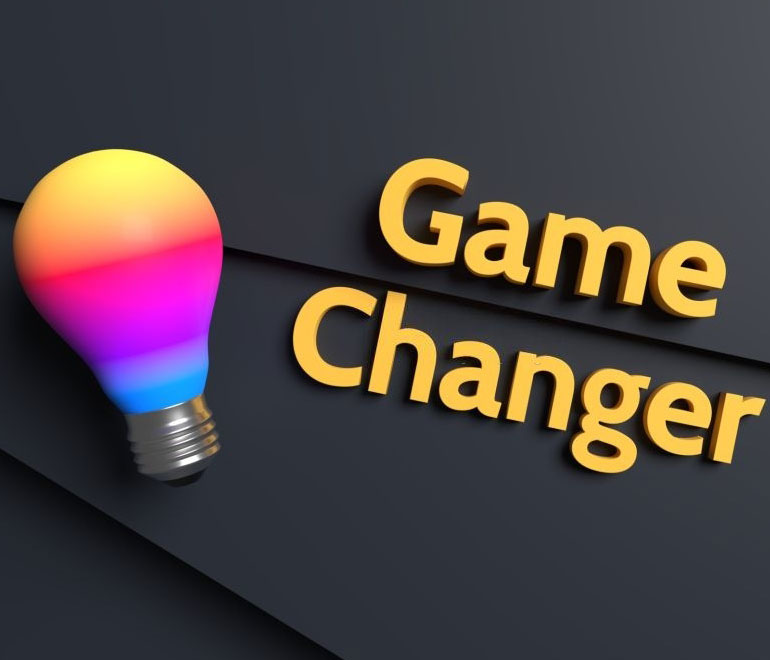





Officially known as the “Abraham Accords Peace Agreement: Treaty of Peace, Diplomatic Relations and Full Normalization Between the United Arab Emirates and the State of Israel,” on the 13th of August, President Donald Trump announced a collaboration between the United Arab Emirates and Israel.
This treaty has been described by many as historic. Under this agreement, the UAE has become the first Persian Gulf Arab country to end the long years of discreet relations regarding technology and commerce between the two countries.
With both the public and private sectors getting set to make good of the business opportunities provided by this agreement, one might wonder what the implications of normalization are.
The collaboration between the UAE and Israel aims to foster normal relations between both countries involved. These relations include:
By establishing diplomatic ties, the United Arab Emirates now recognizes Israel as a country within the region. This treaty could mean that the general narrative in the Middle East about Israel might start to change.
Surveillance and Security
An important part of the famous “Falcon Eye” security monitoring unit is the UAE’s formidable network of cameras. When it comes to surveillance technology, Israel is a world leader, while in technology, surveillance, and cybersecurity, the UAE takes the lead. These two countries agreeing to a peace deal signals an increase of security in their regions.
Tourism
Many citizens of both countries are especially pleased by the travel opportunities made available by formalizing cultural ties. It is no news that Israel and the UAE have some of the world’s greatest archaeological and architectural wonders.
Education
Two key institutions, the Mohamed Bin Zayed University of Artificial Intelligence in the UAE and the Weizmann Institute of Science in Israel, have agreed to work together. These two higher education giants intend to have programs for student exchange, resource sharing, and conferences. There is also news of a joint online institute being in the works.
Scientific and Technological Partnerships
Israel’s high-tech system is responsible for a large portion of the country’s economy and is very advanced. With this partnership, the UAE will have access to the workings of Israel’s advanced science and technology, harnessing it for the development of the nation.
The UAE has always had an interest in Space tech. The partnership with Israel will help the nation take huge steps in the operation and development of observation satellites.
Fields such as fintech, insurtech, cybersecurity, and biomedicine will experience more large investments due to this treaty.
Medical Collaboration
A large section of the United Arab Emirates relies on Europe and America for advanced treatments in medicine. Sheba Medical Centre, Israel’s largest hospital, has signed a deal with Apex National Investment in Abu Dhabi to help UAE patients’ medical attention.
UAE, on the other hand, expects an influx of Israeli patients for cosmetic treatments. This normalization creates a big potential for future partnerships in the medical field for both countries.
Direct Flights
With the signing of the peace deal, both countries have agreed to begin direct flights. For Israel and the UAE, this means flights from Tel Aviv to UAE will become more regular and will be very beneficial for both countries, especially with the hit taken by the hospitality and aviation industries from coronavirus.
Oil Trade
The historic agreement brings with it major opportunities for the trading of oil between both countries. This trade will include both oil and crude products. Based on 2019 statistics, about 254,000 barrels of oil were imported by Israel daily. Israel imported from mostly Russia, not from the oil producers in the middle east. With the treaty, Israel will be able to purchase oil from the UAE, a reliable partner.
Encouragement of Start-ups
As a result of Israel’s high-tech sector, it is called the “start-up nation.” This sector is responsible for over 40% of total exports for Israel. The UAE has a tech-savvy, vibrant population that will benefit from the new partnership. The UAE government has continuously ensured the creation of an environment that is friendly to investors.
What Next?
The signing of the peace deal between these two countries is most likely a game-changer in Israel and many Arab countries. In the general statement, the signees affirmatively agree to “pursue a vision of peace, security, and prosperity in the Middle East and around the world.”
Hopefully, the UAE’s bold step will set a worthy precedent for other Gulf countries to follow.
The agreement is a significant one and intends to contribute to a prosperous and peaceful region, especially via food security- an area where Israel is particularly skilled at and emerging technologies.
If other Persian Gulf countries such as Oman, Qatar, Saudi Arabia, Sudan, etc., can follow the UAE’s lead, Israel would be in an environment that is more strategic and favorable.
Suite No. 108 & 109, Mezzanine floor, Al Diyafah Shopping Center, 2nd December Street, Al Bada’a, Dubai.